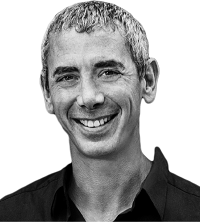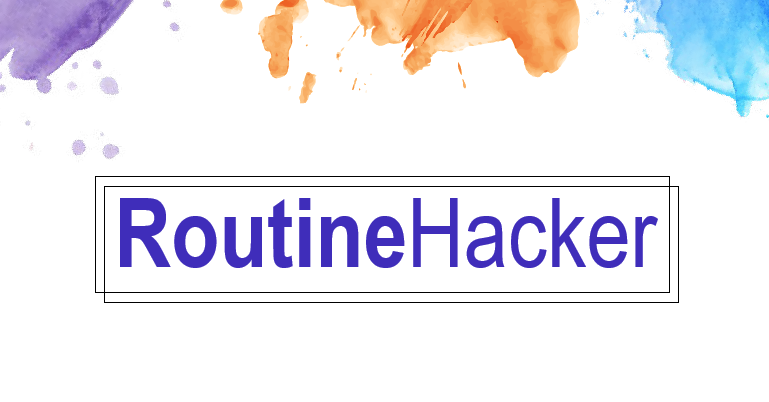“It is by being fully involved with every detail of our lives, whether good or bad, that we find happiness, not by trying to look for it directly.”
– Mihaly Csikszentmihalyi in Flow: The Psychology of Optimal Experience

Productivity Tip:
Harness the Power of ‘Flow’
Have you ever been so engrossed in an activity that everything else just ceased to matter? Well, you were in a state of flow. Flow feels pretty darn good. You’re focused. Energized. You have no idea how much time is passing, and you don’t care. You’re stretching your skills. And you’re getting stuff done. According to research, flow is good for our wellbeing. The more we’re in it, the happier we are. Flow is awesome for productivity, too. With flow, you’re working in a focused way, free of distracting thoughts. A 10-year study conducted by McKinsey found that top executives are five times more productive when they’re in a state of flow. So how do you get yourself into flow? Firstly, you need to choose the right activity. It must be something that challenges you just enough: not too difficult (you’ll feel overwhelmed) and not too simple (you’ll just get bored). You then need to make an effort to focus. Willpower comes first, then flow can take over. If you want to know more about how flow can help you supercharge your performance, it’s worth checking out the latest book by Steven Kotler – one of the most prominent names in flow research. (Plus you can read about his morning routine below!)Wellness Tip:
Hack Your Flow Cycle for Better Recovery
Speaking of flow, here’s something else you should know: it’s not a state you just skip in and out of. In fact, flow happens in four stages: struggle, release, flow, and recovery. The last stage is critical for health and wellbeing. “You go from this amazing high of flow to a very deep low [where] all of those feel-good neurochemicals have drained out of your system,” says Steven Kotler. At this stage, you need to recover – that way you can start the cycle again without burning out. Kotler says that deep delta wave sleep is key as it allows you to transfer what you’ve learned during flow into long-term memory. On top of that, active recovery can include things like infrared saunas, Epsom salt baths, massage, stretching, yoga, and mindfulness respiration exercises. As for what not to do, Kotler says that alcohol and television block recovery. So, we guess cocktails and Netflix are out then… Next time you emerge from a flow state, do remember to engage in some recovery. It’ll not only keep you healthy, it’ll get you primed to enter into flow more often.Routine Breakdown
Steven Kotler, Author, Journalist and Entrepreneur
 You might expect one of the world’s leading experts on human performance to have his morning routine nailed. And you’d be right.
For starters, Kotler gets up at 4am. “So, yeah, I’ve seen the sunrise pretty much every day for 30 years,” says the bestselling author and executive director of the Flow Research Collective.
Here’s his morning routine:
You might expect one of the world’s leading experts on human performance to have his morning routine nailed. And you’d be right.
For starters, Kotler gets up at 4am. “So, yeah, I’ve seen the sunrise pretty much every day for 30 years,” says the bestselling author and executive director of the Flow Research Collective.
Here’s his morning routine:
- 4:00-4:10: Makes coffee and does gratitude practice. “I write down ten things I’m grateful for, by hand. I write each one three times and really try to feel the gratitude.”
- 4:10-8:00: Writes. “I work on whatever book I’m writing at the moment. If I finish my daily word count – usually about 1000 words a day – I move on to the next item on my to-do list for the day.”
- 8:00-8:45: Hikes his dogs up a mountain. “If it’s ski season, this is just a hike; if it’s not ski season, I hike with a weight vest (20lb.-30lbs depending on my energy levels).”
- 8:45-9:05: Does post-hike yoga stretches.
- 9:05 am: Eats breakfast.
- Gratitude journaling has research-backed benefits like boosting happiness and reducing anxiety.
- Kotler is using his peak time to do his most important and focused work.
- Morning exercise is definitely great for both mind and body, as is yoga. The yoga stretches are also great for active flow recovery.












